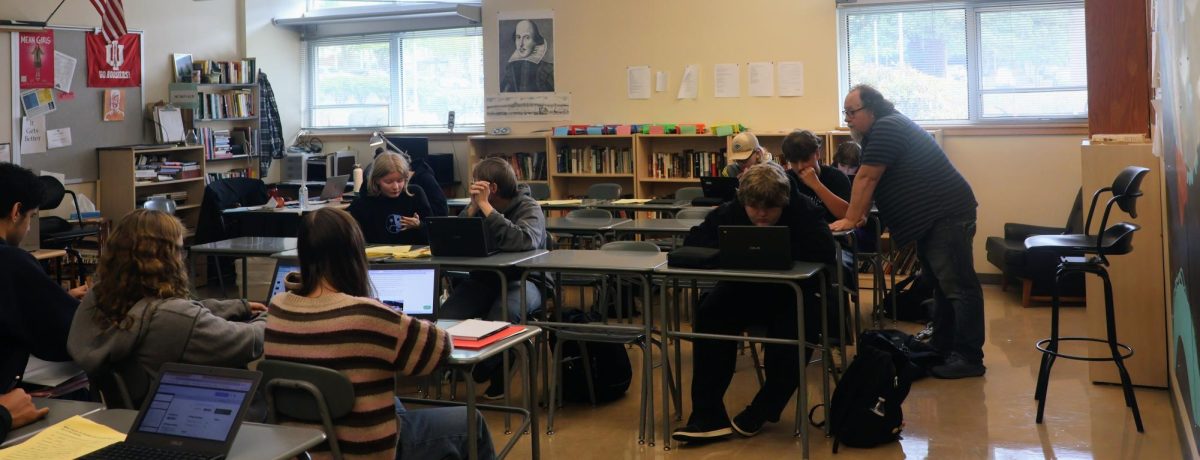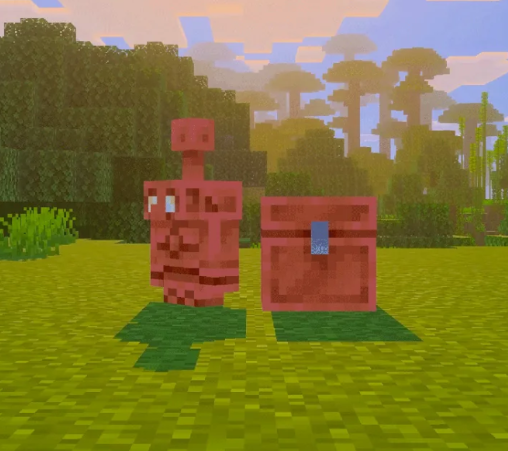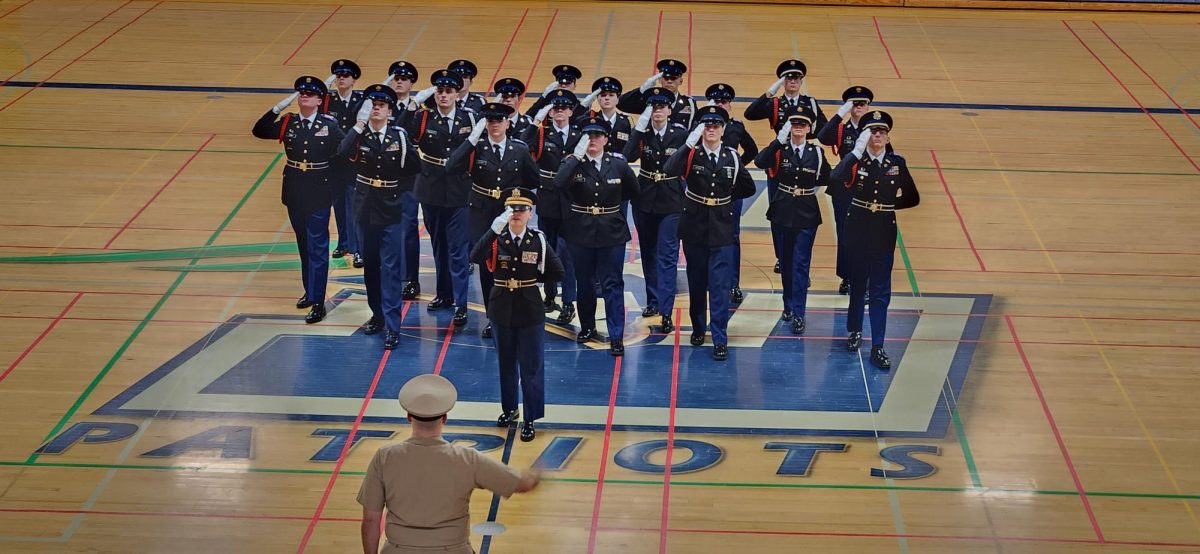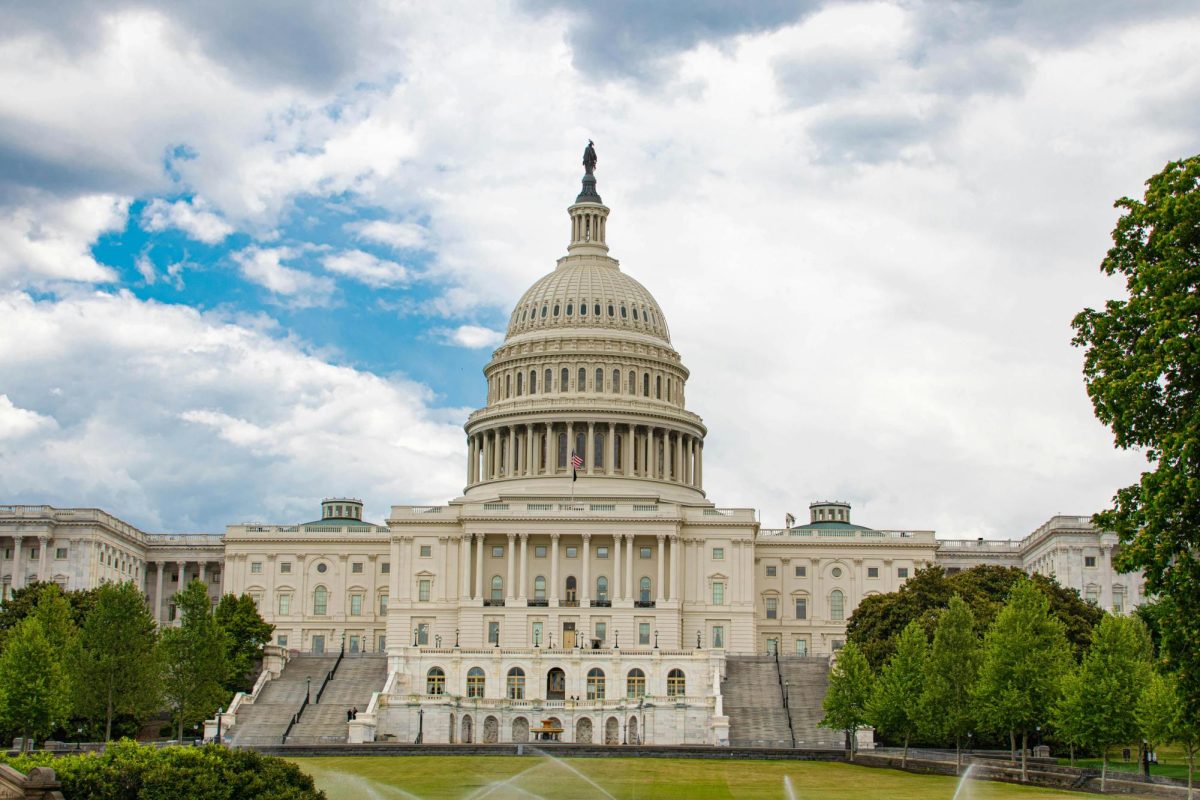(This story was originally published in The Elevator in June, 2023.)
More than 600 City of Portland workers went on strike in early February. A year of negations broken down in days.
So why are these workers protesting?
From an article by OPB, it was revealed that the union workers pushed for a 3.5% annual wage raise. Portland leaders responded with a 1% annual raise offer instead, but the leaders were also prepared to hire independent contractors.
The US Bureau of Economic Analysis released a data sheet showing that from 2010 to 2020 the cost of living in the Portland metro area rose 22%. The amount jobs paid workers did not raise 22% in that time.
So how did the 600 workers fight for higher wages? A union. The Laborers Local 483 is a union based in Portland that represented the workers through their year-long negotiations.
Bob Bussel, a professor of history and director of the Labor Education and Research Center at the University of Oregon, said “When you bargain, you do better.”
Unions
According to The Oregon Employment Department, in 2022 Oregon had over 281,000 people in unions, being one of the most unionized states in the US.
So how do unions benefit workers?
Unions are essential in stopping the exploitation of workers.
There are many ways that non-unionized workplaces can exploit their workers that unionized workplaces can’t.
In many workplaces, your boss could fire you with very little cause. If they don’t have a good reason they could make up one, but in unionized workplaces you are more protected.
Bussel said that being in a union is like “having a lawyer there to represent you”
Unions make sure that the whole workforce is pushing for their needs as a collective instead of a singlarperso
Without unions, it is easy for the company to make workers feel isolated in their workplace.
This protection also helps the confidence of the workers. People in unions can stand up and speak their minds without having to fear repercussions for every little thing they say.
Economic Inequality in Different Groups
There is no question that things like race, ethnicity, and gender affect the impact of economic inequality.
Mary C. King, Professor of Economics Emerita at Portland State University, when talking about the effect of wealth inequality said that “We don’t often hear reported the Native Americans”.
Since the Native Population is so little, the data from them often gets looked over.
Native Americans are really among the poorest people in the US.
The severity of this wealth gap is hidden from most people.
The group most affected by economic inequality is African Americans. This especially is shown in the wealth gaps in America.
Data from The Federal Reserve Bank of Minneapolis shows that white Americans have 84 percent of total U.S. wealth but makeup only 60 percent of the population, while Black Americans have 4 percent of the wealth and only makeup 13 percent of the population.
Many people may think that the White American population is unaffected by economic inequality, but they would be wrong.
The data is skewed, King said that “They get their average numbers pulled up by the very wealthy and the affluent.”
Different Solutions
Unionization gives people a voice, but King said “Unionization can’t fix everything, because to be successful at raising wages you have to be in an industry that’s pretty profitable”.
It isn’t possible to just raise prices for everything to raise wages for workers because “Unions can’t get blood from a stone”.
A way to get the money to raise wages is through public subsidies, but this presents a problem. If the government is providing subsidies to raise workers’ wages, they are using money from taxes that the workers pay.
This could cause the government to raise taxes and defeat the purpose of the subsidy.
So for this to work the government needs to rework taxation in a way that doesn’t negatively affect the workers.
Healthcare
Unlike many other countries, the US does not have universal healthcare, but we do have it for some people.
Bussel Said that universal healthcare in the US is like a donut with a big hole in the middle.
We have universal healthcare for veterans, children, and also for the elderly.
For most other people they rely on their company for healthcare.This is an area where unions shine because workers can negotiate for healthcare. In many negations, you can see workers giving up some of their desired wages for access to healthcare.
So if the US never switches to universal healthcare for all, unions will continue to provide better healthcare for many US citizens.
Even if unions help with the current healthcare system in the US doesn’t mean that we shouldn’t have universal healthcare though.
Bussel said he believes it is “Fundamentally wrong that the type of healthcare you get is based on your ability to pay for it”.
So a big step toward greater equality would be universal healthcare.
If implemented taxes would rise in order to pay for the healthcare, but in many countries that provide universal healthcare, citizens are not mad to pay more taxes if it means that in case of an emergency, they are safe.
Economic Inequality Influences
There are some things that also have an effect on economic inequality.
One thing is the advancement of technology.
As technology gets better and better it gets to a point where technology can do a job better than a human.
This has already happened. For example, ATMs have taken away the need for bank tellers. Now this doesn’t completely take away bank teller jobs but it has reduced them.
There are jobs that can’t exactly be taken by technology though. “I don’t know if you’d want a robot providing you with healthcare” said Bussel
The stress of being low-income can also have an effect on economic inequality. King said that “Stress on the family really affects the kids and they do less well in school”.
So if being low-income makes you do less well in school that can in turn make the children less likely to leave the low-income area. Making social mobility even harder.
The Future
Many people think that they can’t do something to make a change, but they can. There are unions, protests, lobbying, and much more. Singular people do have an impact.
King said, “Advocacy in all kinds of arenas makes a big difference”.
Every person willing to make a change can make a change.







